Here is the first of the conversations I enjoyed with Crow Qu’appelle of Nevermore Media, from the booklet The New Anarchy: Truth, Nature, Beauty and Withness, free to download here. It now features a striking cover by artist Jordan Henderson.
“The way is broad, reaching left as well as right. The myriad creatures depend on it for Life yet it claims no authority. It accomplishes its task yet lays claim to no merit. It clothes and feeds the myriad creatures yet lays no claim to being their master”. Lao-Tzu.
This quote seems as good as any a place to begin an exploration of anarchist spirituality, for the Tao Teh Ching presents the most purely anarchistic vision of spirituality that exists in any major world religion.
Therefore, it is the perfect place to start our discussion of the evolving relationship of anarchism and spirituality.
It is no secret that (most) anarchists have had an antipathy to religion for many generations, and far be it from me to pretend that this is baseless. Religion has been used as a tool of social control for millennia, and deserves much of the rancor that it inspires.
That said, I’ve got news for those of you at the back of the room. Materialism is a dead dog. With the discovery of quantum physics in the 1920s, science proved the existence of magic. If you believe in the clockwork universe, in which all phenomena are produced through cause-and-effect on the material plane, you subscribe to an idea which has been disproven for a century.
Let me say that again – materialism has been disproven. We now know the observer cannot truly be separated from that which is observed. There is simply no vantage point from which an observer could form a objective perspective, because we all exist within a matrix of interacting energies, and by interacting with something, we influence it energetically in some way.
Now, to me that’s pretty fucking cool. It’s thrilling to know that human consciousness cannot be separated from the observable, measurable phenomena of the physically manifesting universe. That means that we might have magical powers – the ability to influence reality with the force of our minds. Who wouldn’t be thrilled at such a discovery?
Materialists, that’s who. They are not fucking down with magic, that’s for damn sure. Why not? Who knows? Maybe they have guilty consciences and are afraid of Divine Justice or something. Or maybe have a vested interest in keeping us misinformed about the true nature of reality.
Whatever the case may be, it cannot be said enough that the materialists do not have a leg to stand on. Materialism has been scientifically disproven. If you believe that you are living in a mechanistic universe where consciousness can be separated from the cause-and-effect interactions of discrete physical objects, you do not believe in science. You believe in materialism.
Despite the fact that the evidence has been in for a long time, the paradigm shift from materialism to a new understanding of reality has not yet occurred in the popular imagination of First-World countries.
Think about that. For a century, we have been living within a deceased paradigm, all because scientists don’t want to admit that magic is real. It’s pretty fucking pathetic, to be honest. Almost makes you wish for a good hard rain to wash away the intellectual grime of the Industrial Age, doesn’t it?
If it does, then I’ve got some good news for you. The rain has come.
“From Wakan Tanka there came a great unifying life force that flowered in and through all things – the flowers of the plains, blowing winds, rocks, trees, birds, animals – and was the same force that had been breathed into the first man. Thus all things were kindred and were brought together by the same Great Mystery”. Standing Bear
“While the Wise know of its existence, the Foolish do not, for their hearts are heavy with selfish desire. This harmonious Spirit exists not only in man, but also in the birds, the beasts, and the fishes, and even in plants. Beasts play, birds sing, and fishes jump; while plants flourish, bloom, and ripen. They know how to enjoy that Spirit: man oftentimes does not”. Kaibara Ekken (Japanese Confucian scholar)
“The springtime wind is that which scatters the cherry blossom or that which caresses the waves. The summer heat likewise, is that which withers the full-blooming greenery or that makes the children play on the beach. Just as we discover ourselves in sorrow or joy in the midst of the wind that scatters the flowers, it is ourselves that we hear, drained of all energy, in the blazing sun which beats down on the trees. This is to say that we discover ourselves within fûdo, ourselves as a social organism”. Watsuji Tetsuro
In restoring the concept of consciousness to the universe, Paul Cudenec does not draw upon any one cultural tradition. Rather, he shows that congruent ideas have emerged independently in every part of the world, and are also confirmed by the discoveries of scientists in recent years.
For example, he explains that: “Russian-Swiss scientist Constantin von Monakow devoted his life work to showing how human beings are closely bound up not just with one another but with animals, plants and nonorganic bodies, into which we merge after death. He writes: ‘There is an undeniable glory in the thought that an indelible temporal bond links us, not only with our ancestors and our descendants, but above all also with the whole rest of the organic world’”.
In restoring magic to its rightful place within philosophy, he does not fall into superstition or blind faith. Rather, what he offers is an anarchist conception of God, or Divinity, or Spirit, or whatever it is that you want to call the mysterious life-force animating the universe.
Of course, Paul is not the first to offer such a conception. The great psychologist Otto Gross, who converted Carl Jung to anarchism, had his own articulation of this idea. He called it Synergetik, or social energy, the force which binds together large numbers of individuals of all species.
Of this force, Paul writes: “This could be observed in a school of young fish: ‘The entire school moves uniformly like an organism, particularly in fight or flight’. This natural solidarity, says Gross, is an innate ‘will to relate’: an urge to withness which does not need to be taught. Human beings are not separate, isolated units with no connection to those around them, any more than they are mere appendages of the collective, bound always to submit to its control. Withness is always a two-way process, a relationship and not a hierarchy. The individual thrives as a free and fulfilled human being when she or he has the support of a community. A community thrives when it is made up of free and fulfilled human beings. The richness is in the symbiosis”.
Now, tell me – who could be against that? What better basis of unity than that of this social energy, of which all living organisms are a part? What basis for solidarity could be more compelling than the fact that we are all manifestations of this force?
The time has come to toss materialism in the trash bin of history and move on to a magical new reality in which we make common cause with all of our relations in this Great Circle of Life!
I rest my case.
And without further ado, I present the first of this series of interviews with the great Paul Cudenec!
CROW: In your book, you do not use the word God to describe the essence of the Natural Order of the Universe, preferring to use the word Withway, the Tao, the Dharma, Fudo, or withness. Because I am familiar with your work, I know that you are a universalist, which is to say that you believe that the universe is a single living organism. It seems appropriate to me to refer to this Supreme Being as God, and to the Withway as God-consciousness. Is there a reason you shy away from the word God?
PAUL: I think the word God risks being misunderstood – by different people in different ways. On a personal level, it takes me back to the language of a rather dry dogma that I rejected at a very early age. I have discovered and committed myself to the universal life energy through an independent intellectual and intuitive process, rather than by means of any religious tradition.
That is not to say that I have not often been greatly moved by cultural manifestations of the Christian faith, in old churches and cathedrals across Europe, as well as in sacred art and music. Islamic spirituality has also inspired me, mainly through my reading but also in the extraordinary energy I drank in during a visit to Istanbul a dozen years ago.
Sometimes it is easier for me to think in terms of Allah than of God, despite – or maybe because of – me not being a Muslim. The word has fewer negative connotations for me than the name of the stern and remote patriarch of childhood church services who would not let me play with my friends on a Sunday and apparently regarded me as a sinner, even though I was pretty sure I had done nothing seriously wrong! I have the impression that the concept of Allah is closer to the impersonal, indefinable cosmic oneness that I have in mind. But it would be disrespectful for me to generally use that term without belonging to the faith in question.
CROW: In The Withway, you refer as much to poets like T.S. Eliot and William Blake (pictured) as to classical anarchist philosophers like Pyotr Kropotkin and Voltairine de Cleyre. In doing so, I think that you shed light on something that we as anarchists should herald as the true legacy of the anarchist tradition, and that this is the enormous influence of anarchism on world literature.
Unbeknownst to many anarchists, many of the world’s most revered authors were either themselves anarchists or were heavily influenced by anarchism. A short list would have to include Percy Shelley, Mary Wollstonecraft, Rimbaud, Tolstoy, Kafka, Orwell, Hemingway, Dostoyevsky, Voltaire, James Joyce, B. Traven, Terence McKenna, and Robert Anton Wilson.
Yet most people interested in the history of anarchism seem to overlook the most interesting anarchist thinkers. Why do you think this is, and what do you think can be done about it?
PAUL: Personally, I think it is inevitable that many great writers are influenced by anarchy, because anarchy is a human expression of the life energy itself! The trouble is that there is a secondary manifestation of primal anarchy which is tied to the political realm. Some of those you name were also anarchists in this sense, but you couldn’t say the same for T.S. Eliot, (pictured) for instance. That is one reason why I wanted to feature his work in The Withway – to open out the vision I am advancing beyond the limits of the merely political, to embrace thinking aligned with my own by way of feeling and ethical aesthetics rather than simply by political ideology.
To answer your question, I suspect that, on the one hand, many of those writers would not be recognised as anarchists by those who defend too narrowly the letter of the political faith and, on the other hand, anarchist ideas and inspirations have been deliberately and systematically marginalised by the dominant system and thus not mentioned in relation to writers regarded as important. Quite a pincer movement!
What we can do about it is to broaden our vision and ourselves make the connections that others refuse to make. Moreover, we can build a culture based on the understanding of the need to do just that: one with a holistic and multi-dimensional approach built into all its assumptions and approaches.
CROW: Years ago, I wrote that the task of the revolutionary was to make radical ideas seem like common sense. One of the things that captivates me about your work is the ease with which you explain metaphysical concepts. Could you please explain why an understanding of metaphysics is essential for any truly revolutionary movement, and offer some advice to those who are encountering metaphysical ideas for the first time?
PAUL: Authentic political ideas are an extension of metaphysical thought down into a more practical level. In other words, metaphysics provides the principles required for a truly coherent political philosophy. An authentic political philosophy – which is necessarily a revolutionary one in the context of our debased and artificial contemporary society! – is not only guided by those principles but it is also aware of being so. It thus enjoys a consciousness of itself that raises it far above the level of what usually passes for political ideology today.
The first of these principles, from which all else cascades down, is that the universe is a single living entity. On a more practical level this manifests itself in the holistic understanding that everything is inter-connected. It frees us to treasure human diversity, safe in the knowledge that humans already naturally form part of one single organism. It tells us that, because of this oneness, we are capable of co-operating communally in a spirit of mutual aid without the need for top-down governance. It also reminds us of our essential belonging to nature and therefore the absurdity of seeing the natural world as an object, a mere resource to be plundered at will.
It further informs us as individuals of our need to act as what we truly are – provisional physical manifestations of the cosmic oneness – and not to base our lives on the sorry illusion of being separate beings necessarily guided solely by self-interest and the fear of personal death.
The primary principle of unity also informs our understanding of the superiority of quality over quantity, one of the most important subsidiary principles. When we grasp that the universe is one single entity, rather than a mere accumulation of smaller separate entities, we can also see that quantity is an illusion. It is merely a dividing-up of the whole into many parts. The cake is cut up into lots of slices, but the result is not an overall increase in the quantity of cake!
On the political level, this leads us to see clearly that all the production of objects around which our industrial society has been built, all its so-called fabrication of “wealth”, is a pitiful delusion. In creating “quantity” it has merely cut up and moved around the existing reality and, in doing so, destroyed the quality of the original living organism (nature, human communities).
My advice to anyone interested in metaphysical thinking is to seek clarity, above all. The best metaphysicians, notably René Guénon (pictured), are crystal clear. You might have to re-read certain passages to grasp what they are saying, if you are not familiar with their approach, but the effort is worthwhile because the sense is always there and always coherent within the overall framework.
Unfortunately there is a lot of pseudo-metaphysical material around which tends to get bogged down in a lot of picturesque and unconvincing detail (there are seven types of this, 23 levels of the other, endless obscure sub-classifications and labels), often indulges in a sentimentality which has no place in serious metaphysics and, because it does not actually flow down from primal principles, can seriously contradict itself.
This kind of stuff is to be avoided like the plague. Metaphysics is about the search for eternal and universal truth and we tend to recognise that truth when we encounter it, because it is ingrained within us – even if we have never consciously formulated that truth.
If you don’t intuitively recognise the truth in the writing, then it’s probably not worth reading. You’d do better to go for a long walk on the hills and let the knowledge surface from within you.
CROW: Okay, that concludes our first interview. I recommend that the reader who is interested in exploring Paul’s ideas check out his website Winter Oak. Since we have been discussing metaphysics, I specifically recommend the following essays:




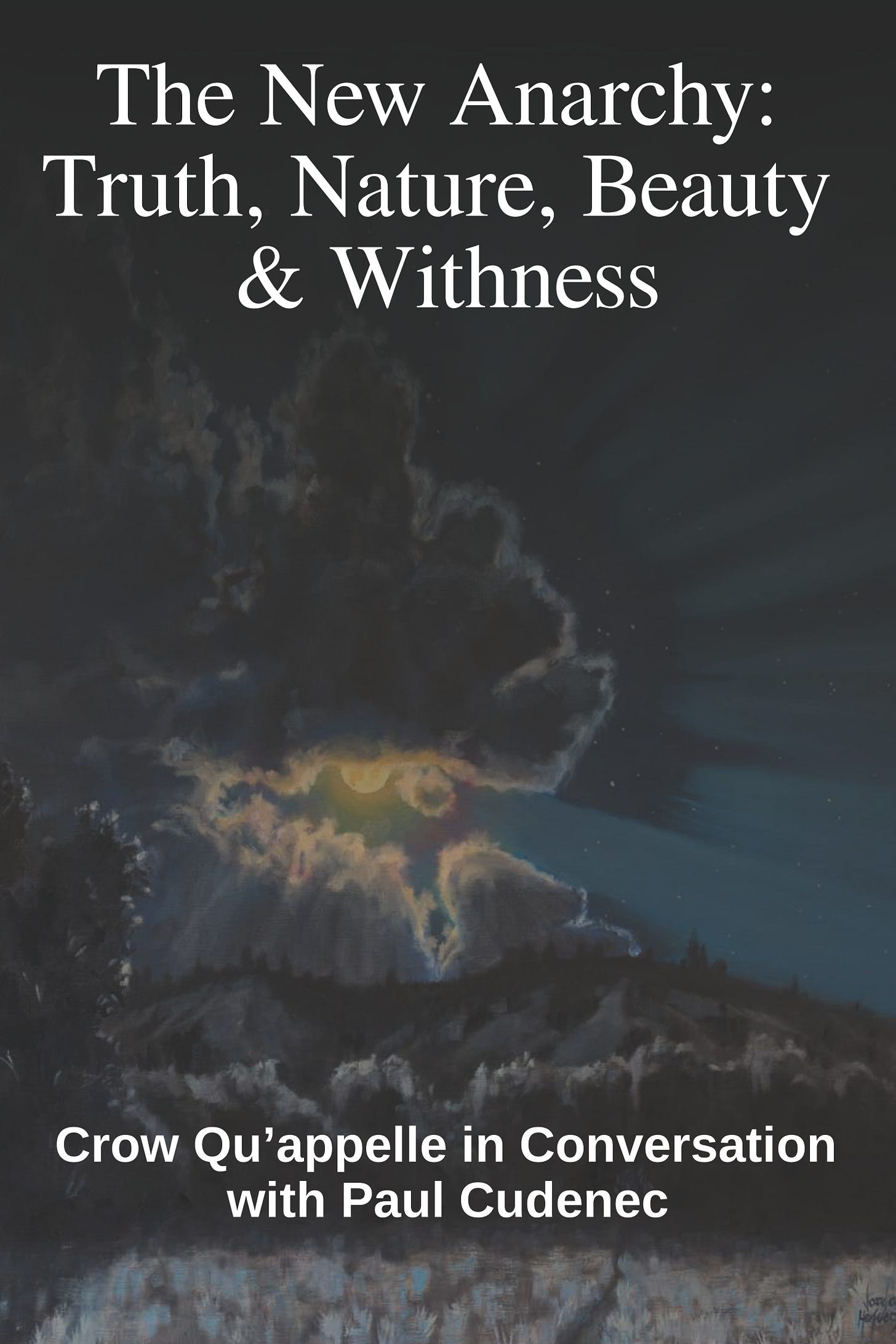
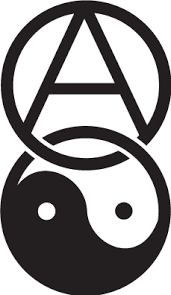
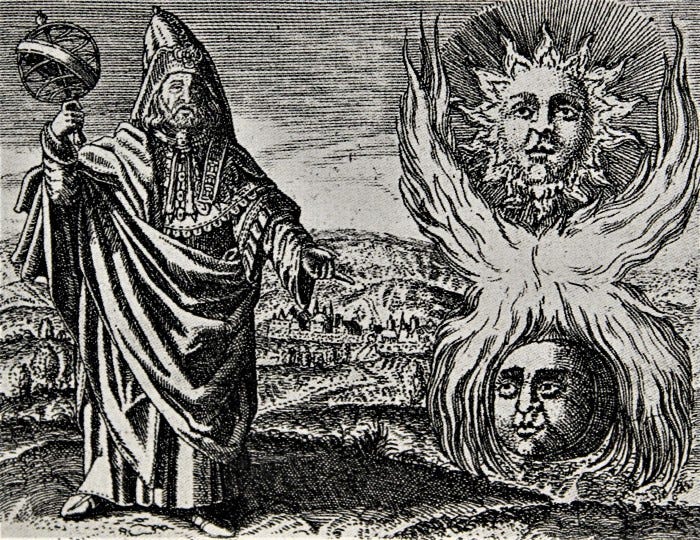


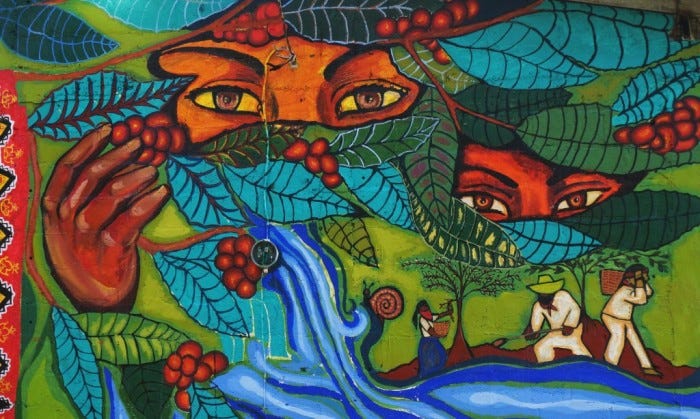

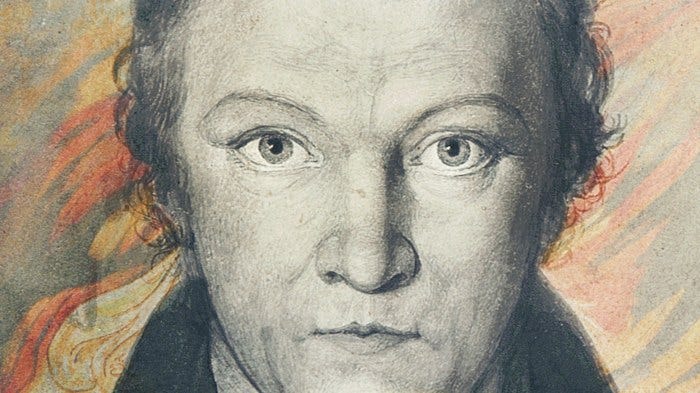



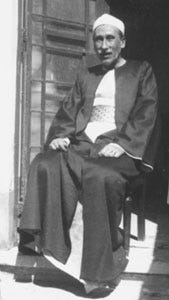
If you own nothing you won't be happy despite what billionaire techno/WEF fascists say, as they intend to own "all" of it one day.
Not spiritual, but kind of lyrical.😁
It's about time that we have a dynamic understanding of reality, adjusting to new information and observations.
“Belief is the death of intelligence. As soon as one believes a doctrine of any sort, or assumes certitude, one stops thinking about that aspect of existence.” - Robert Anton Wilson